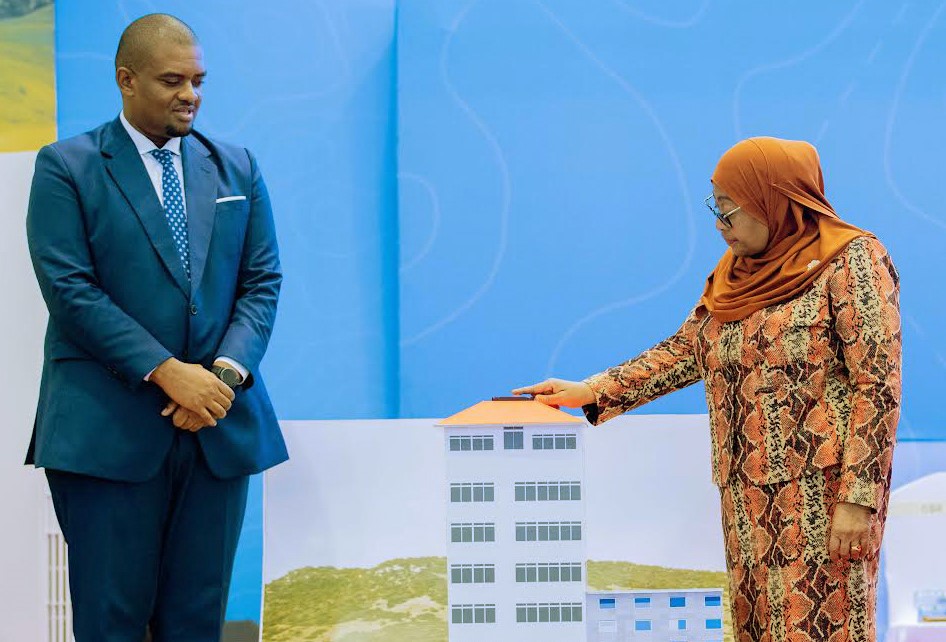WB reported move on mining worrying

What you need to know:
- The campaigners, mainly working to raise the voice of marginalised and indigenous commuinities around the world, say the WB is due to make an unprecedented proposal limiting governments’ accountablity towards their own people.
Dar es Salaam. Global campaigners are have raised the alarm over a reported move by the World Bank to help governments it was partnering with in mega infrastructure and mining projects to escape liability for environmental or soci-economic disruptions.
The campaigners, mainly working to raise the voice of marginalised and indigenous commuinities around the world, say the WB is due to make an unprecedented proposal limiting governments’ accountablity towards their own people.
They say a leaked WB document shows that the Bretton Wood institution had drafted new standards for projects that could spell doom for the voiceless communities whose land and space was a target of multi-national companies.
A director of the Forest Peoples Programme, Mr Joji Cariño, and secretary general of the Asia Indigenous Peoples Pact, Mr Joan Carling, are leading the protest in a petition by 84 groups sent to the World Bank. The petition is signed by environental and human right activists drawn from across the globe, including in Africa.
“Proposing that governments can ignore international standards on protection of indigenous peoples, and ignore the human rights that underpin those protections, is without doubt a significant and serious watering down of existing standards,” said Mr Carling in a statement made available to several media outlets last week.
According to the leaked document, the WB is proposing that governments could ‘opt-out’ of requirements designed to protect indigenous peoples from unintended and negative consequences from development activities funded by the multilateral lender. The proposal was drawn by a committee of WB’s Executive Board on July 30.
“Language has been included that would allow governments to disregard their existing obligations to indigenous peoples,” the petition read. While it may not immedialetly ring bells in Tanzania, the proposed changes could impact on communities around planned uranmium and other rare earth mining in the country as well as large scale infrastructure projects attracting funding from the WB or its related arms.
A member of the Lawyers’ Environmental Action Team (Leat) told The Citizen they had not seen the petition but noted such a proposal would have a far-reaching effect among poor countries, many of them in Africa where Chinese, European and US companies were competing for mega mining and construction contracts.
Effort by The Citizen to obtain a comment from the World Bank offices in Dar es Salaam were futile throughout the week. An email sent to the institution’s headquarters in Washington DC had also not been replied by the time we went to press yesterday evening.
In their petition, the Forest Peoples Programme and Asia Indigenous Peoples Pact said the WB was reneging on a commitment to observe the highest standards in the protection of the interests of indigenous communities, who often face evictions, poisoning and economic disengagement through activities undertaken by the multinationals.
“It is with deep disappointment and frustration that the WB chooses to further discriminate and marginalise indigenous peoples, instead of rectifying its bad legacy. This is meaningless with the ‘opt-out option’ for borrowers, of which many Asian governments would do as they refuse to legally recognise indigenous peoples in their respective countries. The legal recognition of the rights of indigenous peoples over their lands, territories and resources is not also fully supported, which is a critical element for the protection of indigenous peoples in any development intervention,” noted Mr Carling.



